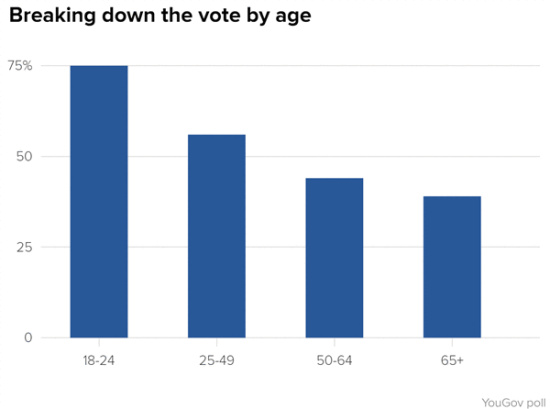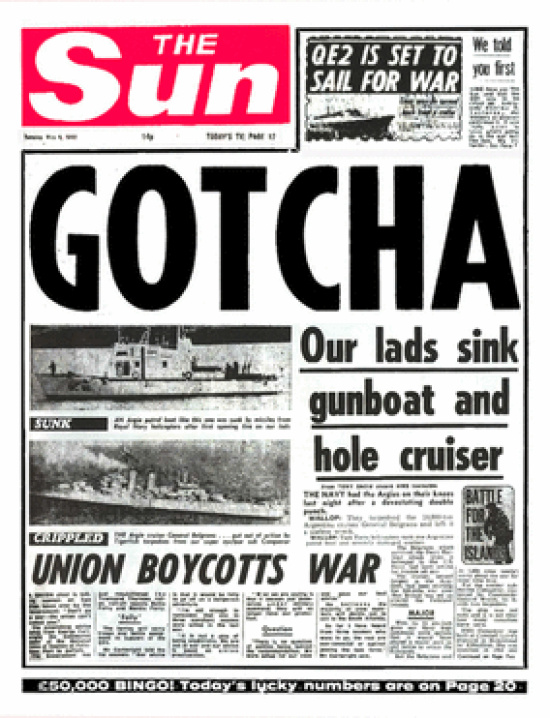Came back home higher than a kite Thursday night after dancing (I call it dancing, not everyone agrees) my heart out to Chad Bushnell’s “hot country’ combo—we love Eureka’s boardwalk Summer Concert Series. To be replaced instantly by the spirit-plummeting news that Britain, my birth country, had voted to leave the European Union. Brexit won, the good guys lost, 52 to 48 percent. Random thoughts since then:
-
The vote took me completely by surprise, in a year when political surprises are coming thick and fast. Who’d a thunk—six months ago, say—that Donald Trump would be the presumptive Republican presidential candidate? Or that Bernie Sanders would redefine the word “ungracious” by ignoring Hillary Clinton’s victory (first woman in U.S. history to clinch the presidential nomination of a major political party!) until 15 minutes into his concession speech the night of June 7? Or that Antonin Scalia would suddenly leave the planet, leaving the Supreme Court in a muddle in the middle for a year?
-
Who voted to get out of Europe? According to the Guardian, 81% of British leave-takers are opposed to multiculturalism, 74% oppose feminism and 78% are down on the green movement. Meanwhile, 73% of 18-24 year-olds—the ones who will be most affected by the vote—wanted to stay.
-
How long now before Scotland bails from the United Kingdom? Two years ago, a referendum on Scottish independence lost by 55 to 45 percent. Last Thursday, the Scots voted 62 to 38 percent to stay in the EU, after which Scotland’s First Minister, Nicola Sturgeon, said it’s a “democratic outrage“ for Scotland to be taken out of the EU against its will.
-
Last week’s vote feels like one more nail in the coffin of Britain’s slide into irrelevancy:
—Starting, perhaps, with the abortive Suez Crisis of 1956, when Britain and France invaded Egypt to counter that country’s nationalization of the canal. The invasion “signified the end of Great Britain’s role as one of the world’s major powers,” according to the Historical Dictionary of Anglo-American Relations.
Burning oil tanks beside the Suez Canal during the November, 1956 Anglo-French assault. (Fleet Air Arm photographer, public domain)
—Then there was the Falklands/Maldives War of 1982, when Britain (under Margaret Thatcher) went to war over a few barren islands off the coast of Argentina. Nearly 1,000 Argentineans and Britons lost their lives fighting over insignificant territory that’s home to fewer than 3,000 people, “a fight between two bald men over a comb“ according to Argentian writer Jorge Luis Borges.
The Sun newspaper at full jingoistic throttle during the Falklands War, following the sinking of the Argentian cruiser General Belgrano as it was sailing back to port, with the loss of 323 lives.
–And more recently, the January, 2003 secret meeting at which British Prime Minister Tony Blair agreed to back George Bush’s planned invasion of Iraq, whether or not weapons of mass destruction were found by UN weapons inspectors. Blair subsequently lied to Parliament about this meeting.
-
What Brexit will mean for the dream of European unity—a continent that has seen more warfare between rival nations over the past few hundred years than anywhere else on Earth—is unknown at this time, of course. But xenophobes and ultra nationalists in such countries as France, Denmark, Norway and Sweden (who object to having to subsidize poorer Southern European states) no doubt feel a boost from the U.K. vote.
-
As does, apparently, Donny Trump, who landed in Scotland a couple of days ago (something about a golf course?), tweeting “Place is going wild over the vote. They took their country back, just like we will take America back.” Idiot. This is the same Scotland that the previous day had overwhelmingly voted to stay in Europe.
-
Financially, Brexit appears to be a disaster all round. Friday saw $2 trillion wiped off global markets, the Dow closed 600 down, the pound is at a 31-year low.
If this is what it means to “take one’s country back,” I’ll pass. Thanks anyway.



CLICK TO MANAGE